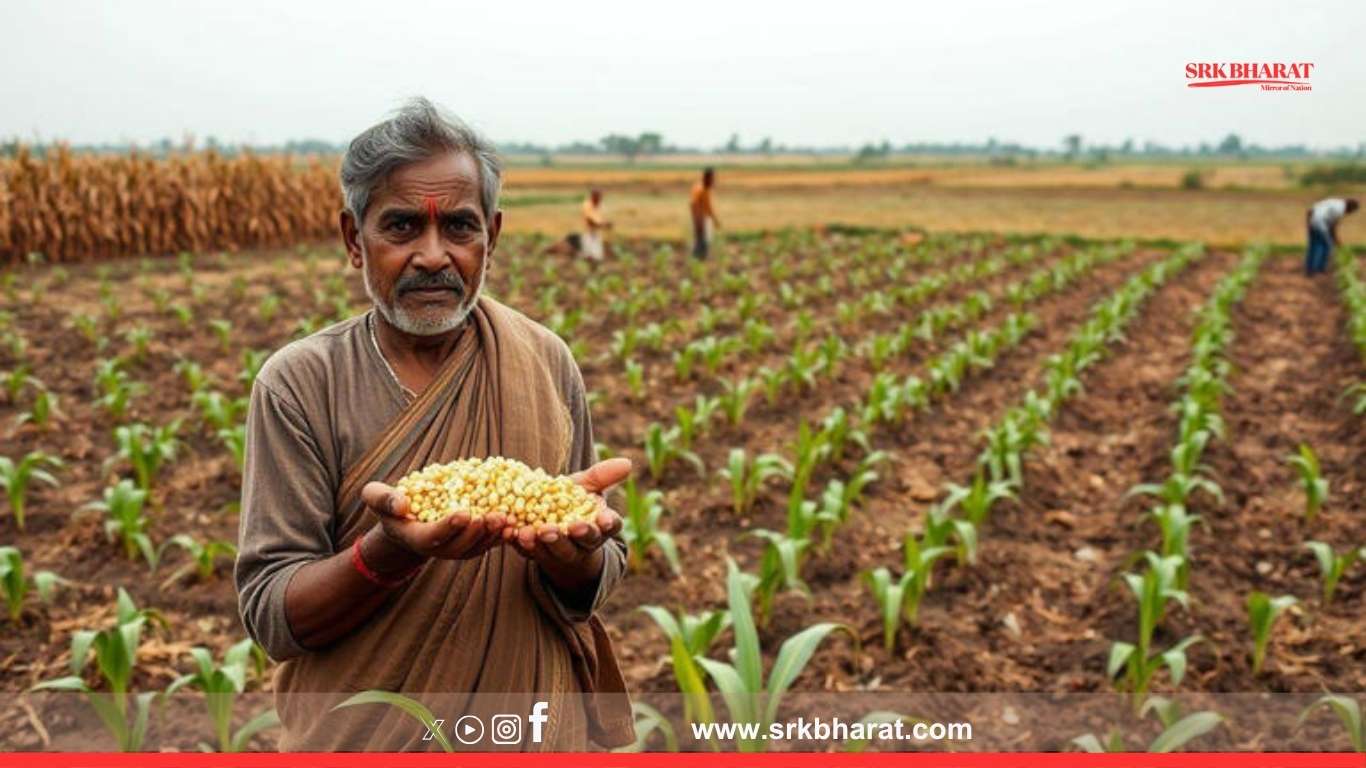A sharp shift in cropping patterns is raising alarms in India’s agri-policy circles, as farmers increasingly abandon oilseeds like soybean and groundnut in favor of maize cultivation, driven by better returns from the ethanol blending programme. The trend, if unchecked, could undermine India’s push for edible oil self-sufficiency, with the country already importing nearly 60% of its cooking oil needs.
🌽 Why Farmers Are Choosing Maize Over Oilseeds
- Maize prices have surged from ₹14,000–15,000 to ₹24,000–25,000 per tonne in four years, thanks to ethanol demand
- Soybean prices remain 10–20% below MSP (₹4,892/quintal), due to weak demand for soybean meal
- Distillers’ dried grain soluble (DDGS), a maize byproduct, is undercutting soybean meal in the livestock feed market
“We fear that farmers will replace soybean and tur with maize as they have not been getting proper prices for their oilseed produce,” a senior government official told ET
📉 Declining Acreage and Policy Concerns
- As of June 20, soybean acreage is down 2%, and tur (pigeon pea) by 5% year-on-year
- The government’s plan to procure 100% of pulse produce may help retain some acreage for tur
- Agriculture Minister Shivraj Singh Chouhan is engaging with farmers in Madhya Pradesh, Rajasthan, and Maharashtra to reverse the trend
🛠️ Government’s Response Strategy
- Early procurement of oilseeds to ensure MSP realization
- Genome-edited seeds, mechanization, and root rot prevention measures
- Proposal to regulate maize cultivation in sugarcane zones to protect oilseed and pulse acreage
📌 Why It Matters
- India’s edible oil import bill is a major burden on the exchequer
- A maize-dominated cropping pattern could derail the National Mission on Edible Oils
- Balancing ethanol goals with food and trade security is now a key policy challenge
🔁 Share this article to raise awareness about India’s shifting crop dynamics and the urgent need to safeguard oilseed cultivation.











